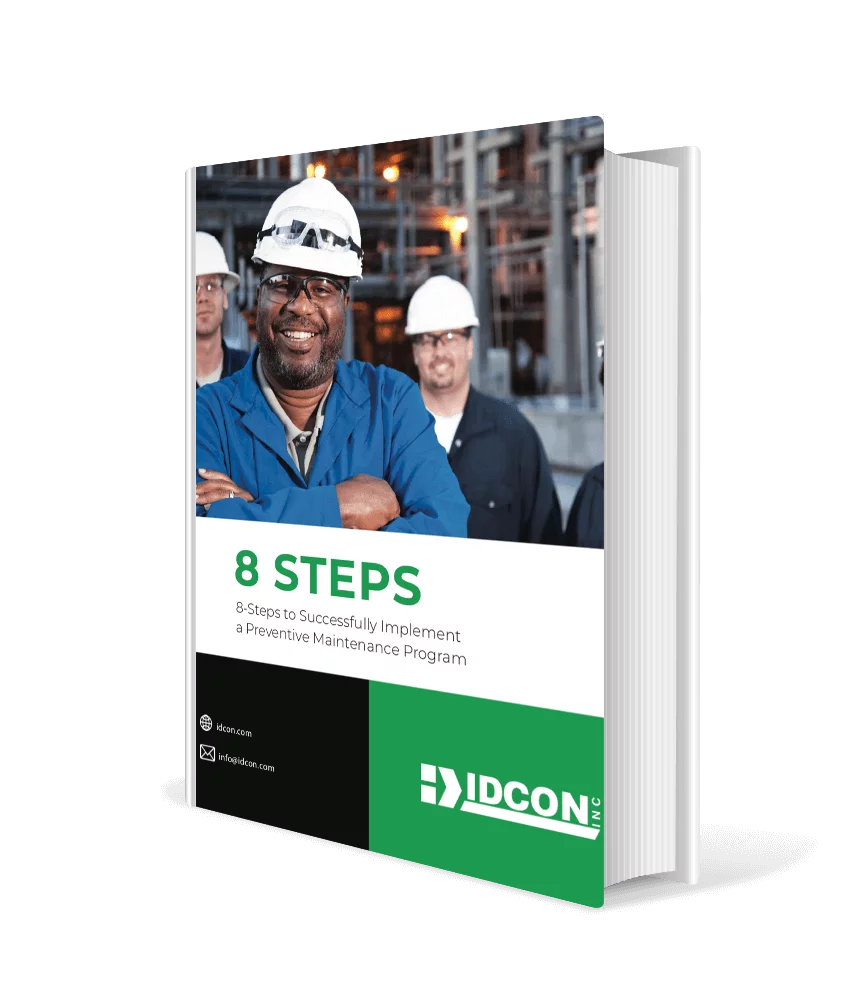If you are a reliability professional or reliability management, you may sometimes wonder why it is so hard to improve equipment reliability. At first glance it may seem as a simple task to improve equipment reliability in a plant where there are obvious improvements to be made. Let’s quickly list some of the key actions that affect equipment reliability and reliability management.
Preventing failures or prolonging life is possible by improved lubrication, alignment, balancing, operating procedures, adjustment, detailed cleaning, installation practices, good engineering, and filtration. Finding failures early can be done by inspections such as vibration analysis, looking, feeling, smelling, oil analysis, and Amp readings, the list is endless. Once failures are found we should plan corrective actions and then schedule the job, execute, and record history for the job. In order to plan well we need a functioning store room and a good technical database including bill of materials and technical specifications.
The above doesn’t seem so hard to do, does it? But it is! The truth is that most organizations know what to do, but they rarely do it! An analogy could be that you are trying to lose weight, fairly simple to find out what to do (eat better and exercise), but very hard to actually do.
He reason why it’s hard to improve maintenance is that it’s 95% about getting people to change their behavior. The planner needs to walk out to the job and actually plan. Operations need to count to more than one when it comes to priorities. Operations and maintenance need to meet and coordinate maintenance schedules and production schedules. The inspector need to do a detailed job in inspecting equipment, etc.
Improved process or manufacturing capabilities can usually be done by a rebuild of equipment or manufacturing line, which means it’s highly dependent on technical specifications, whereas maintenance is about changing people behavior. That’s why it’s hard to change equipment reliability and relative simple (but sometimes expensive) to improve production.





